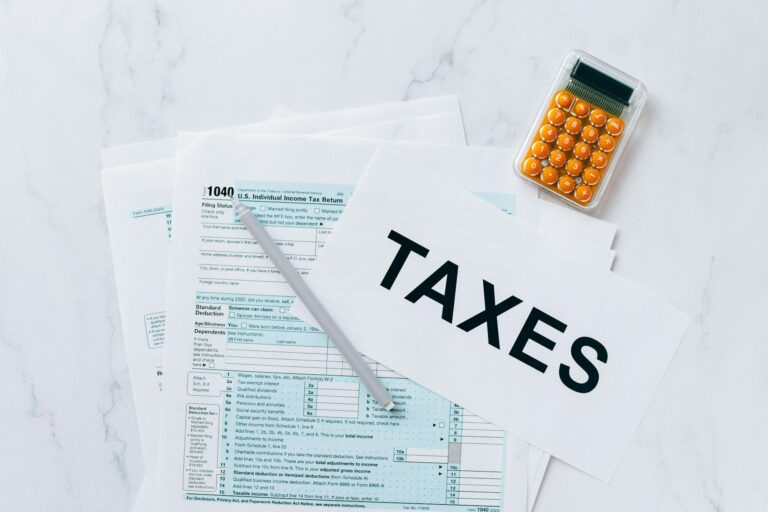Menopause headaches are a common and often frustrating symptom experienced by many women during the transition into menopause. These headaches can feel quite different from the usual tension or stress headaches you might have had before. They often come with throbbing pain, usually on one side of the head, and can last anywhere from half an hour to several days. Along with the headache itself, you might notice sensitivity to light and sound, nausea, or even dizziness.
The main reason these headaches happen is because of changes in hormone levels—especially estrogen. During perimenopause, which is the time leading up to menopause when your body’s hormone production becomes unpredictable, estrogen levels can drop sharply and fluctuate wildly. This rollercoaster of hormones affects how your brain processes pain signals and makes you more sensitive to headache triggers.
Estrogen plays a big role in protecting against migraines for many women. When its levels fall suddenly or become irregular, it can provoke migraine attacks that are more intense or frequent than before. Progesterone also drops during this time, which may reduce your natural ability to manage anxiety—a factor that can worsen headaches.
These menopause-related headaches tend to be worse during perimenopause when hormonal swings are at their peak but often improve once you reach postmenopause and hormone levels stabilize somewhat over time.
Other factors linked with menopause may make these headaches worse:
– Sleep disruptions: Night sweats and hot flashes common in menopause interfere with restful sleep. Poor sleep quality increases sensitivity to pain.
– Stress: Hormonal changes affect mood regulation; increased anxiety or low mood may contribute.
– Nutritional deficiencies: Sometimes vitamin or mineral imbalances play a role.
– Changes in blood pressure or blood sugar caused by hormonal shifts could also trigger dizziness alongside headache symptoms.
If you’re dealing with these kinds of menopausal headaches, there are ways to help ease them:
1. **Track Your Triggers**
Keep a diary noting when your headaches occur along with what you ate, how much sleep you got, stress levels—this helps identify patterns so you can avoid specific triggers like certain foods or poor sleep habits.
2. **Maintain Regular Sleep Patterns**
Going to bed and waking up at consistent times supports better overall brain health and reduces migraine risk linked with erratic sleep schedules.
3. **Manage Stress**
Techniques such as gentle exercise (like yoga), meditation, deep breathing exercises or talking therapies may lower anxiety that worsens headache frequency.
4. **Stay Hydrated & Eat Well**
Dehydration is a common trigger for all types of headache; eating balanced meals rich in vitamins (especially magnesium) supports nervous system function too.
5. **Consider Hormone Therapy Carefully**
For some women experiencing severe menopausal symptoms including frequent migraines triggered by estrogen drops, hormone replacement therapy (HRT) under medical supervision might help stabilize hormones enough to reduce headache episodes—but it’s not suitable for everyone so discuss risks versus benefits thoroughly with your doctor first.
6. **Over-the-Counter Pain Relief**
Non-prescription medications like ibuprofen or acetaminophen can provide temporary relief but should not be relied on excessively without consulting healthcare providers due to potential side effects if used long term.
7. **Consult Healthcare Professionals**
If migraines become debilitating despite lifestyle adjustments—or if new neurological symptoms appear—it’s important to seek medical advice for tailored treatment options including prescription medications designed specifically for migraine management.
Menopause brings many changes beyond just hot flashes — understanding why these hormonal shifts cause painful headaches helps empower women facing this phase of life so they know what steps they can take toward relief while navigating their unique journey through midlife health challenges effectively without unnecessary suffering from recurring head pain episodes caused by fluctuating hormones alone!





